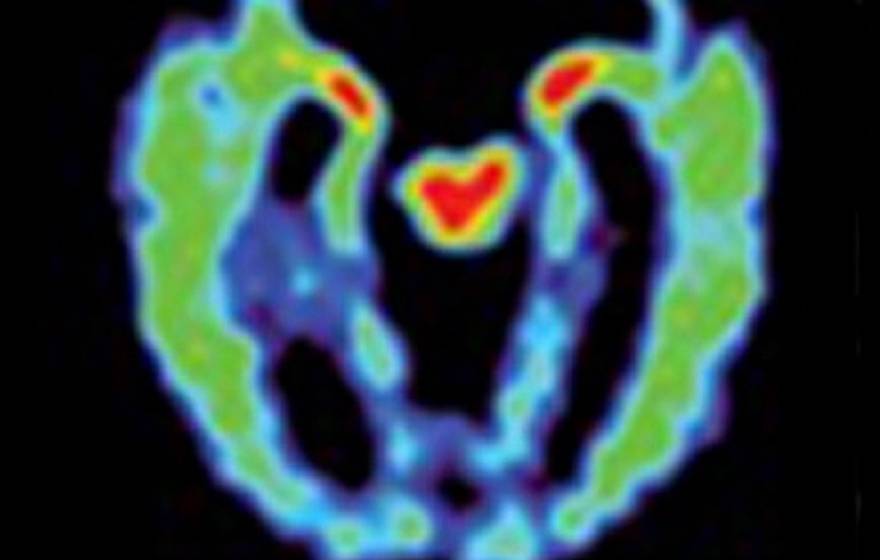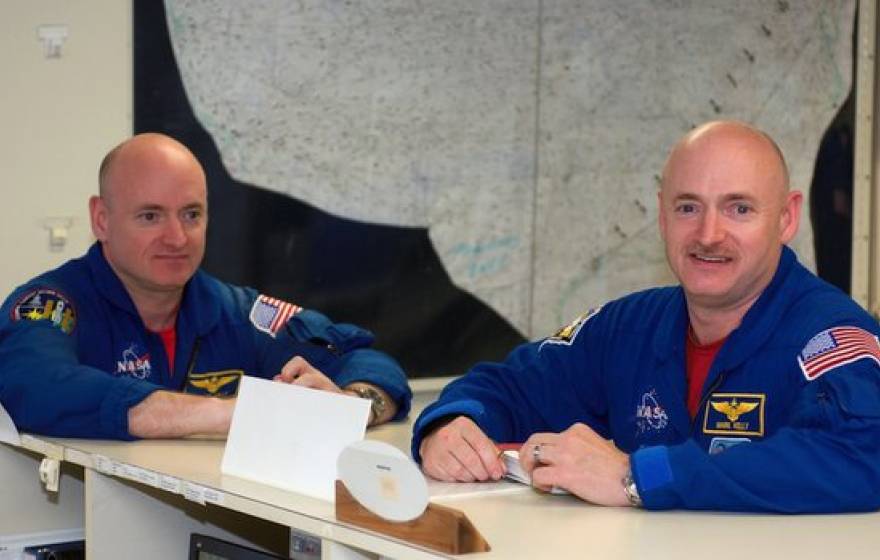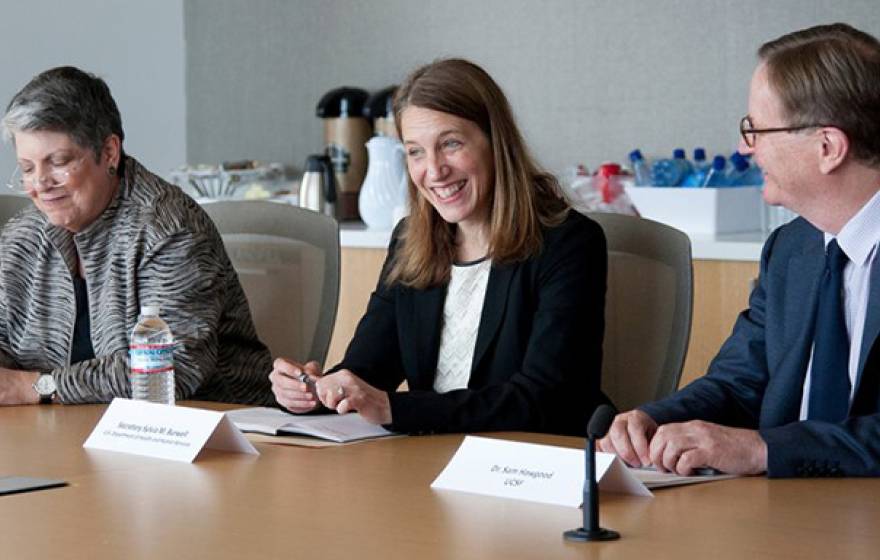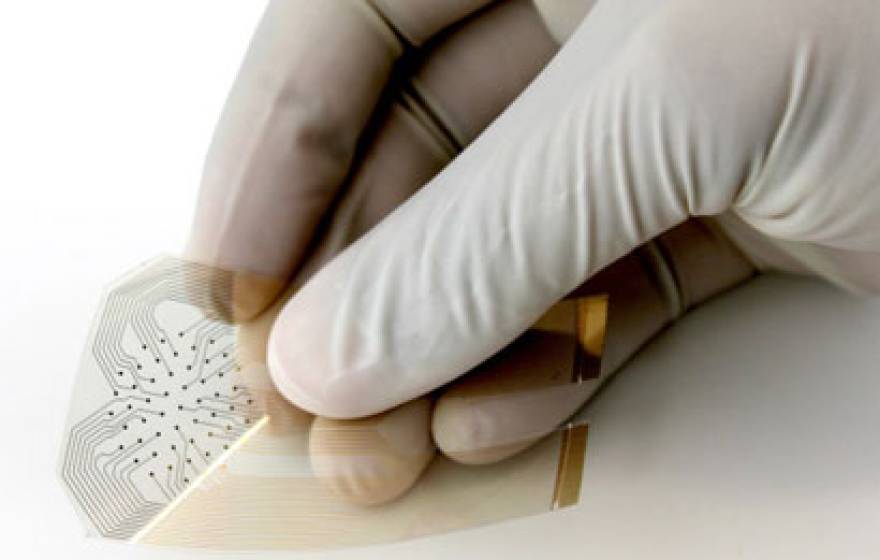UC San Francisco |
‘Wasabi receptor’ points to pain drug development
‘Wasabi receptor’ — why your sinuses tingle when you taste it — points to future pain drug development.
Slate |
Decoding and defeating cancer with data science
A groundbreaking study by UC Santa Cruz reveals that one in five tumors may need to be reclassified.
UCLA |
Retired NFL players who suffered concussions show pattern of protein deposits
New test may lead to better identification of brain disorders linked to contact sports.
UC Berkeley |
Building bodies? There's an app for that
Your kid will love this: Lawrence Hall of Science's DIY Human Body app (for iPhone and iPad) helps kids discover how their bodies really work.
UC San Diego |
What is it about yoga?
Researchers are examining yoga's physiological effects to see if they provide health benefits beyond what can be achieved with non-movement-based mindfulness practices.
UC Food Observer |
Q and A with Michael Pollan
UC Food Observer catches up with UC Berkeley's Michael Pollan, who has plenty to say on food, agriculture and public policy.
U-T San Diego |
UC San Diego studies twin astronauts
Researchers are leading two of the health studies NASA commissioned to co-monitor astronaut Scott Kelly in space and his identical twin brother, retired astronaut Mark Kelly, on the ground.
UC San Francisco |
Smoke free on the big screen
UCSF's Smokefree Movies site lets moviegoers know which films do or don't feature tobacco use. It's part of a campaign to get the MPAA to apply the 'R' rating to films with smoking.
UC San Francisco |
UCSF to study benefits of personal approach to breast cancer screening
Research team has won a five-year, $14.1 million award to investigate whether a personalized approach to breast cancer screening is as safe and effective as annual mammograms.
UC San Francisco |
U.S. health secretary lauds promise of ‘precision medicine’
Researchers at UCSF Medical Center may have a potential ally in the White House, as they develop targeted therapies for diseases like cancer.
UC Berkeley |
Smart bandage detects bed sores before they are visible to doctors
Electrical currents detect early tissue damage from pressure ulcers before they can be seen by human eyes – and while recovery is still possible.
UC San Francisco |
Sugar Papers reveal industry role in 1970s dental program
Newly discovered documents reveal that the sugar industry worked closely with the National Institutes of Health to develop a federal research program focused on approaches other than sugar reduction to prevent tooth decay.







